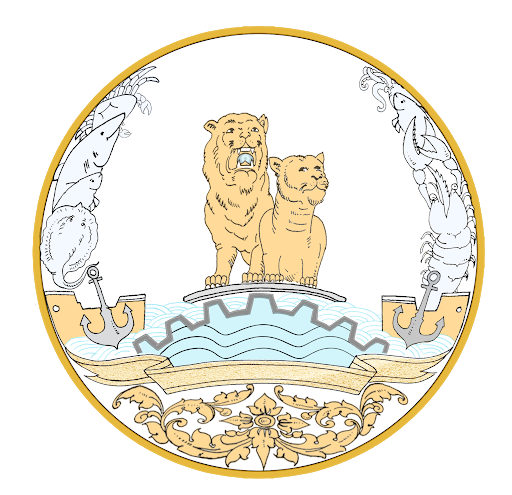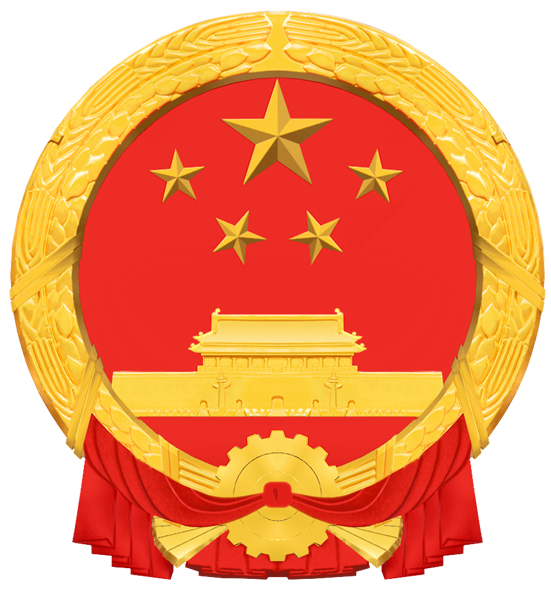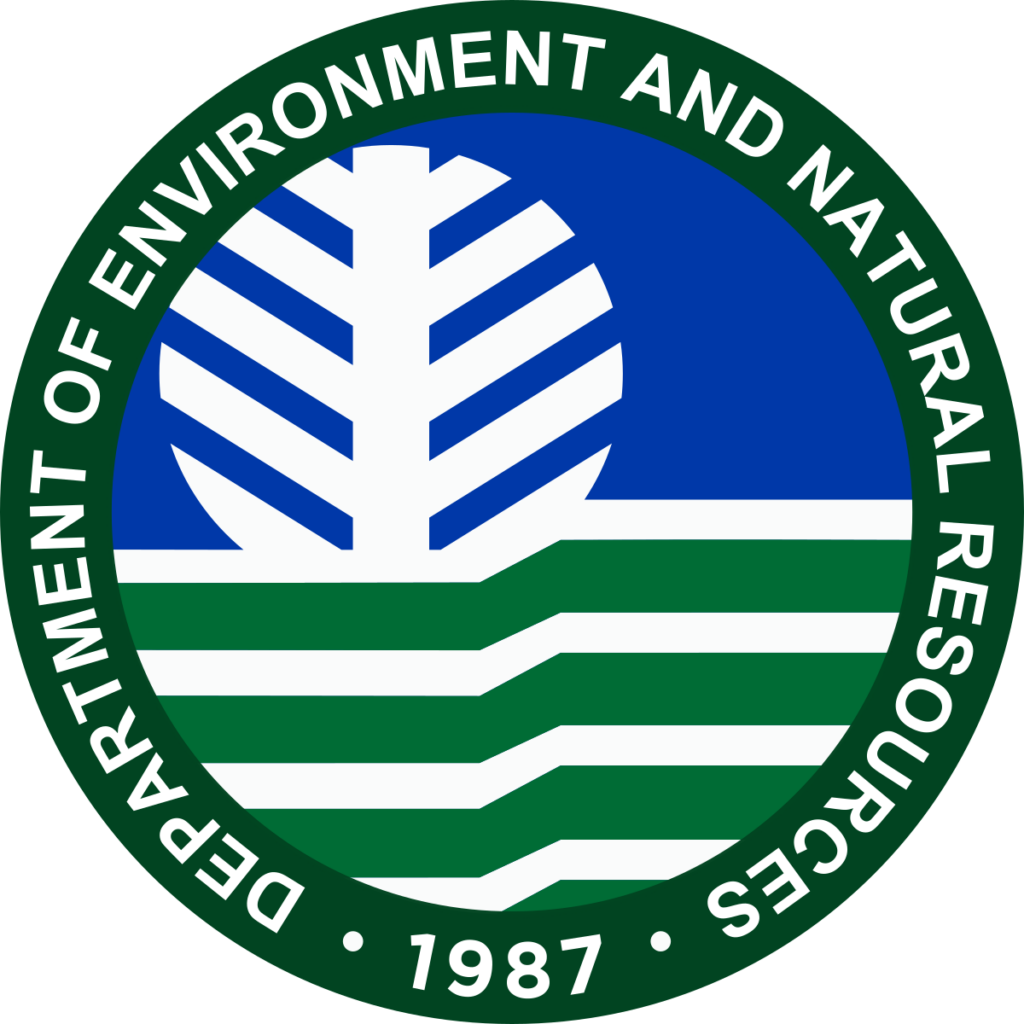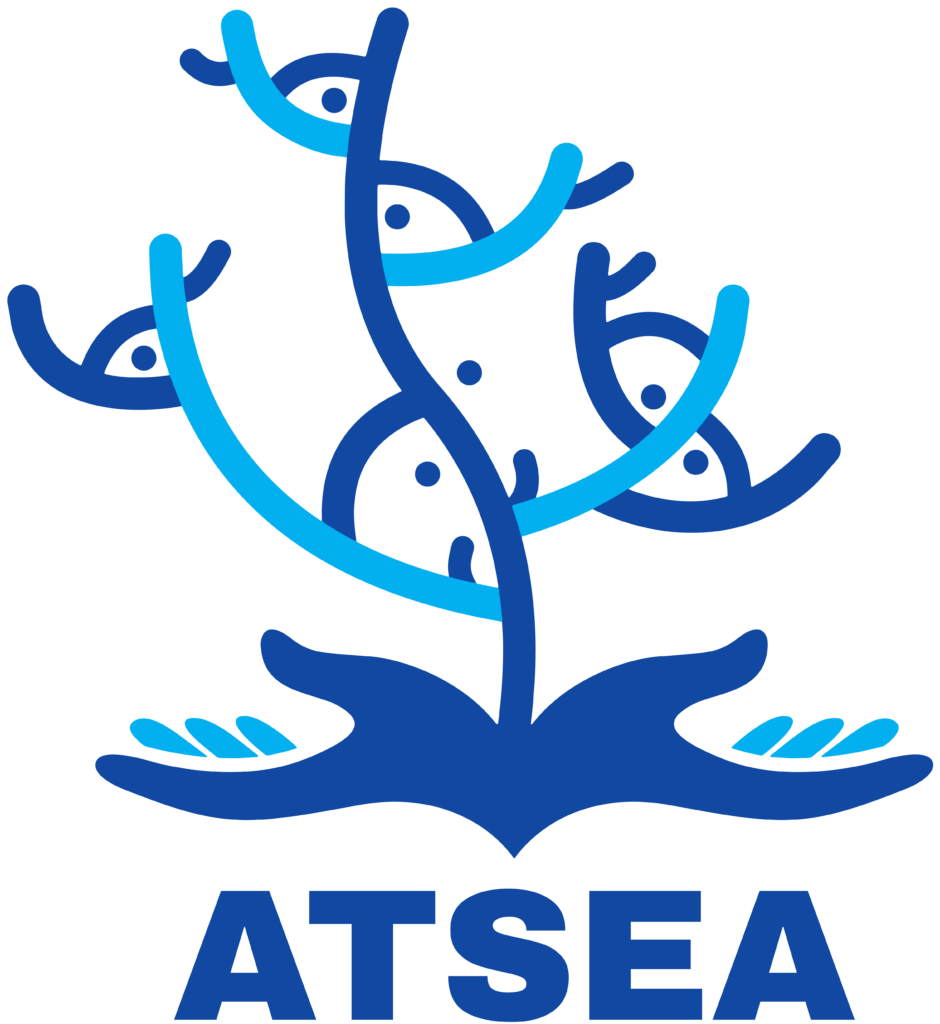Overview
Maritime transport and its associated activities, including the operation of ships, ports, cargo handling equipment, and trucks, are a significant source of greenhouse gases (GHGs) and other pollutants emissions. Around 90 percent of the global trade is transported by sea and 60 percent of this trade volume passes through the seas and ports of Asia, with the South China Sea carrying an estimated one-third of global shipping. Heavy cargo vehicles account for less than 10 percent of all road vehicles but contribute more than 50 percent of the transport sector’s CO2 emissions in Asia. East and Southeast Asian countries play globally significant roles in maritime transport, supporting shipbuilding industries, containing the world’s busiest ports, and having high marine freight import and export levels. Based on trends showing increasing trade and therefore increased shipping demand, emissions (CH4, CO, CO2, NOx) from maritime transport may increase three to four-fold by 2050.
Countries in the East Asian region are already undertaking climate change mitigation actions, and have committed to such efforts in regional and international programs and agreements such as the ASEAN Transport Strategic Plan 2018-2025, PEMSEA’s Sustainable Development Strategy for the Seas of East Asia (SDS-SEA), the Initial GHG Strategy of the International Maritime Organization, the IMO Resolution on Cooperation between Shipping and Port Sectors on GHG emissions, as well as the United Nations (UN) Sustainable Development Goals (SDGs), specifically SDG 3 (Good Health and Well-Being), SDG 7 (Affordable and Clean Energy), SDG 11 (Sustainable Cities and Communities), SDG 13 (Climate Action), SDG 14 (Life Below Water), and SDG 17 (Partnerships for the Goals).
As countries continue to shift their maritime transport sector towards a low-carbon future, the International Climate Initiative (IKI) in collaboration with the IMO and Partnerships in Environmental Management for the Seas of East Asia (PEMSEA) propose to assist them through the preparation of a five-year, EUR 15 million project entitled “Reducing Maritime Transport Emissions in East and Southeast Asian Countries” or “Blue Solutions” in short.
The kick-off meeting for the regional project was organized on 28 June 2021 with the following
objectives:
- To introduce the proposed project’s objectives, components, and project preparation team to the relevant stakeholders in the region;
- To lay the groundwork for the succeeding bilateral meetings with countries; and
- To seek feedback, respond to questions, and generate expressions of support and interest for the project.
Format
Organizational meeting
Target Audience
By-invite only



